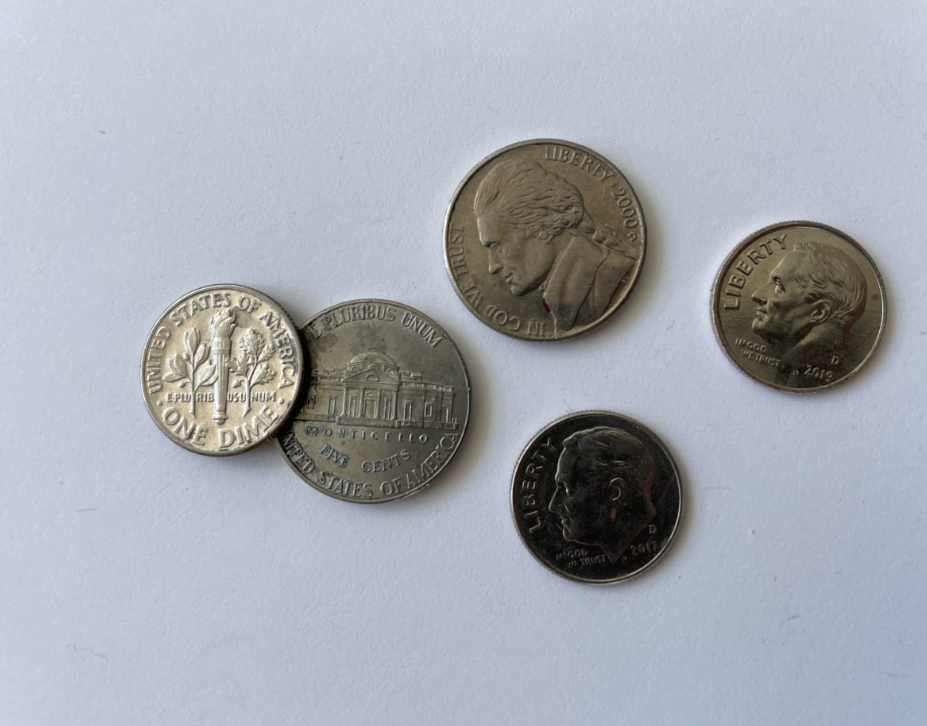In a recent Bloomberg column, Tyler Cowen discusses Fischer Black’s view of monetary policy:
Paul Krugman has argued that there was not high inflation after 2008 because the U.S. economy was in a liquidity trap. Black’s rejoinder to the Keynesians was a subtle one: We are always in a liquidity trap. Since banks can bid for reserves, and reserves can pass in and out of banks freely, the net value of additional bank reserves must be equal to other uses of the funds. The monetary expansion of the U.S. Federal Reserve, which operates through banks, is thus like swapping two nickels for a dime. Whether or not nominal interest rates are zero, after the swap banks can still move back to whichever portfolio they wished to hold. Thus any Fed actions will prove neutral if that is what the banks, and the economy as a whole, desire.
Before responding, let me point out that Tyler is using the term “neutral” in an unconventional fashion. In monetary economics, money neutrality generally refers to the case where exogenous changes in the money supply cause all nominal variables to move in proportion, leaving real variables unchanged. Tyler is suggesting that Black believed that monetary policy didn’t even impact nominal variables such as inflation.
To see the problem with this view, consider the case of an economy with a trillion dollars in base money, composed of $900 billion in cash held by the public and $100 billion in bank reserves. Now assume that the Fed buys $100 billion of base money by selling $100 billion in bonds in the open market. This open market sale immediately reduces the base to $900 billion, and reduces reserves from $100 billion to zero. (In reality they’d do this slowly, to avoid disrupting the banking system, but I’m only interested in the long run effect.)
Black is right that banks can rebuild their reserves. They can raise the interest rate they pay on bank deposits and thus induce cash holders to deposit their money into banks, where the cash is relabeled as “reserves”. Indeed they could theoretically regain the entire $100 billion they had lost in the Fed’s open market sale. But this is not what would happen. Instead, banks would reclaim $90 billion in reserves, by attracting cash from the public.
In the long run, this open market operation would cause all nominal aggregates to decline by 10%. Once prices and NGDP fall by 10%, the public’s demand for cash falls from $900 billion to $810 billion, and the bank demand for reserves falls from $100 billion to $90 billion. In this new equilibrium, nominal and real interest rates are unchanged, as is real money demand, velocity, the money multiplier, and all other real variables in the economy. In that sense, money is neutral. But it’s not neutral in the sense described by Tyler. Money affects nominal variables such as inflation.
Models that deny any impact from open market operations are implicitly assuming that the public is indifferent between holding cash and Treasury bonds (“nickels and dimes”). But they are not indifferent. Cash is a good way of hiding wealth and Treasury bonds pay interest. Because they are very different assets, changing the quantity of cash (or more broadly base money) has the side effect of changing the value (purchasing power) of cash. I.e. changing the price level.
When interest rates are zero (or banks earn IOR), base money and bonds are somewhat more similar. In that case, OMOs have a somewhat smaller impact. But don’t forget that even when reserves earn interest, cash does not.
PS. It’s been a long time since I’ve read Fischer Black. So consider this post a response to Tyler’s Bloomberg column.
PPS. I have a new piece on constraining the role of the Fed over at Discourse.


READER COMMENTS
David S
Feb 20 2022 at 10:00am
This topic is waaaaay over my head, but since no one else has commented I feel no shame in wasting server space with a dumb question or two. Is the following an accurate continuation of the thought experiment you outline above?
-I wake up the day after this Fed action to find my salary cut by 10% and all prices of goods and services I purchase also cut by 10%. My savings account balance remains the same, as does my outstanding mortgage principal. Things initially feel weird, but I go about my business and rapidly adjust to this new NGDP situation—or do I?
Scott Sumner
Feb 21 2022 at 12:03am
I wouldn’t say these things happen right away (as prices are sticky), but once prices adjust even your savings account would be 10% smaller.
Comments are closed.